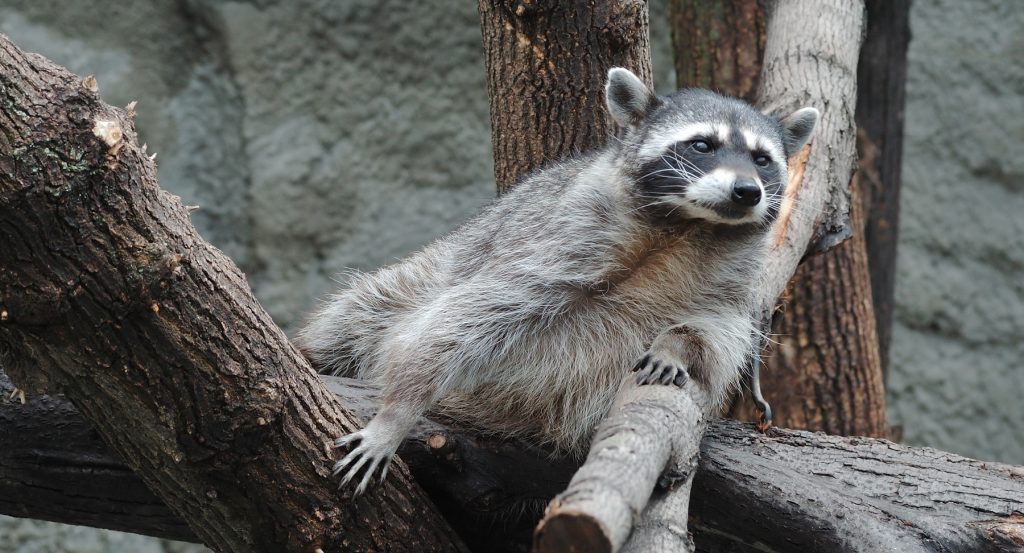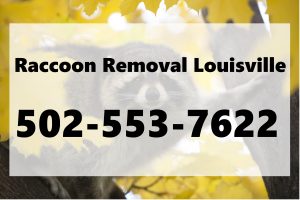Raccoons should never be domesticated, especially if they are found as pups in the wild. Although baby raccoons, or kits, are adorable, they are tough to control and care for. Animal rescue experts retain the proper experience, knowledge, and training to care for raccoons outside of the wild; but as for anyone else, owning a pet raccoon can be risky. Continue reading to learn why it is not a good idea to adopt or own a pet raccoon.
Raccoon Behavior and Instinct
Raccoons have always been wild animals, and this “wild” gene is instilled in them from thousands of years ago. They will never lose the desire to roam free, hunt, breed, and nest. A pet raccoon will never want to be caged, which would pose as a huge problem for anyone that wants to own a raccoon. Raccoons are cute and cuddly when they are just kits, and will allow pet owners to cage them, feed them, and love them.
They are easy to care for when they are small, dependent, and young; but when they grow up, they have a whole different agenda. When they reach adolescence and adulthood, they get more aggressive, solitary, and destructive. These critters are known to tear through upholstery, couches, mattresses and anything else that sparks their interest. This behavior probably stems from boredom, because at this age, they want to roam free, hunt, and be on their own. Domesticating a wild raccoon or any animal is nothing like owning a cat or dog; it is a lifestyle.
Health Risks and Raccoon Domestication
Raccoons, just as any other wild animal, can carry diseases that are harmful to humans, especially children and the elderly. Viral diseases such as rabies, distemper, canine hepatitis, and more are all common in wild animals and raccoons. These, and more, can be passed on to people and other animals. They also can carry lice, ticks, scabies, and roundworm.
Animal Ownership Laws
Another risk to owning a pet raccoon is breaking the law. Depending on which state you reside in, the law defines the rights of people when it comes to exotic animal ownership. For example, in Indiana, a pet raccoon is considered a Class 2 exotic animal, which requires a license and permit to own. If you did not have a license or permit, the state can remove the pet and order the owners to pay fees and fines.
Other states have a complete ban on raccoon domestication. For example, Maryland prohibits anyone from owning a pet raccoon and does not offer licenses or permit to allow raccoon domestication at all. If you are serious about adopting a pet raccoon, always check your local ordinances first, to ensure you are remaining within the guidelines of the law.


